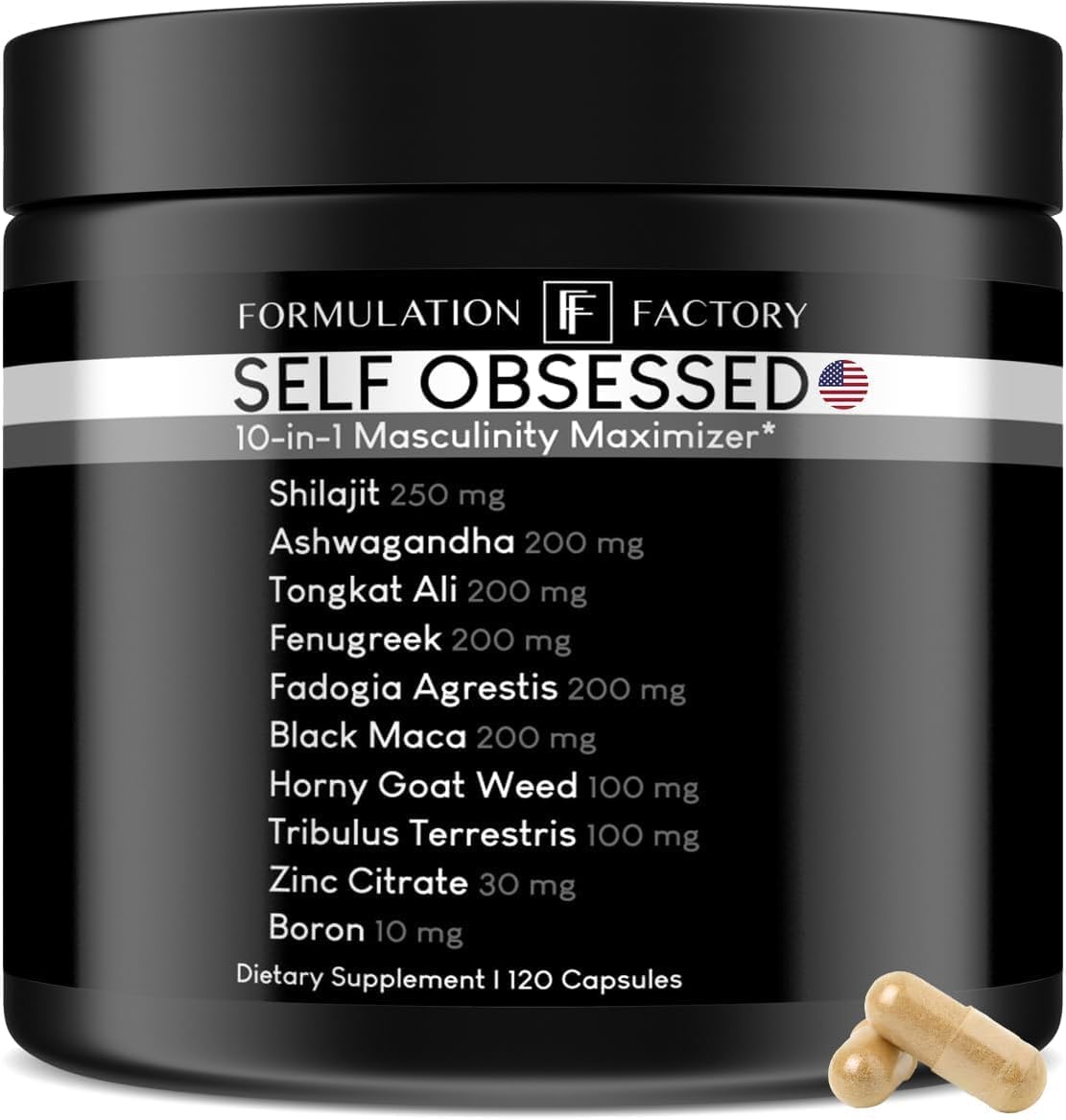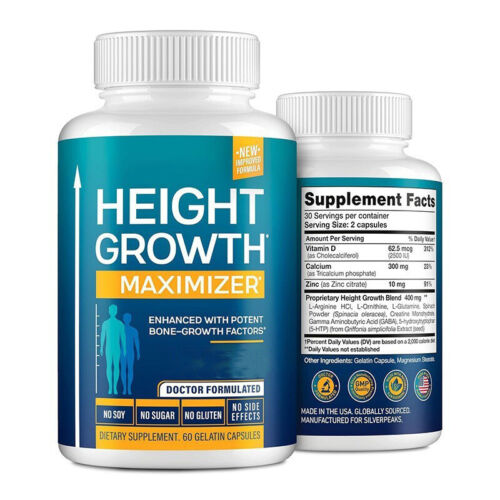Attorneys for Lockridge Grindal Nauen asked an upstate New York federal court on Thursday to dismantle an allegedly lucrative co-pay maximizer “scheme” that it says involves a Buffalo plan administrator and two partners which are affiliates of The Cigna Group.
The alleged “sham” ends up charging for out-of-pocket amounts that are beyond patients’ cost-sharing limits, the complaint in U.S. District Court, Northern District of New York, alleges.
Under the Employee Retirement Income Security Act, the claim says that the maximizer program “flouts patient-protective federal health insurance laws to seize copay assistance meant for patients.”
The case is captioned Annabelle Gurwitch v. Save On SP LLC, Express Scripts, Inc., and Accredo Health Group Inc.
It was filed by New York-admitted attorney Kristie A. LaSalle, special counsel with Lockridge Grindal Nauen’s Boston office, and indicates the law firm intends to ask the court to admit, pro hac vice, its Minneapolis partner Brian D. Clark and other colleagues from that office.
SaveOnSP of Buffalo advertises and administers a copay maximizer program with pharmacy benefit manager Express Scripts, Inc., which controls prescription drug benefits for about 100 million Americans, across a network of close to 64,000 pharmacies, according to its website.
The third defendant, Accredo, is an affiliated specialty pharmacy. Express Scripts and Accredo are subsidiaries of a company that is itself a part of Connecticut-based The Cigna Group.
The lawsuit says the maximizer program is essentially a copay accumulator adjustment program, which deploys a practice that is outlawed in New York and nearly two other dozen states.
Accumulator programs collect the maximum amount of patient copay assistance at the start of a year, to exclude it from the patient’s annual cost-sharing limits. They target unsuspecting patients and send them hefty, unanticipated medical costs later in the plan year.
The practice was banned by New York regulators in 2022, while 22 other states bar insurers from practicing it. Lawmakers in 17 other states are considering similar bans, according to the lawsuit.
“Copay maximizers accomplish the same thing as copay accumulators, except they spread the collection of patient copay assistance out over the course of the year, so patients do not face the surprise bills that led to an outcry against accumulators,” the lawsuit alleges.
SaveOnSP “is little more than a maximizer program in a fancy dress,” it continues.
The named plaintiff is a California woman with stage 4 lung cancer who was prescribed an expensive specialty medication called Tagrisso.
The drug’s manufacturer, AstraZeneca, offers co-pay assistance to commercially insured patients like Gurwitch, who is insured by Blue Cross Blue Shield, according to the lawsuit, which says its client has been deprived of the AstraZeneca copayment assistance and is forced to incur excessive healthcare expenses because of BCBS’s participation in SaveOnSP.
The Lockridge attorneys LaSalle and Clark provided a joint statement to the New York Law Journal on Friday.
“We are pleased to represent Ms. Gurwitch and the proposed class in this important matter. Express Scripts’ partnership with SaveOnSP is harming some of this country’s most vulnerable patients and has diverted millions of dollars from them,” plaintiffs counsel said.
A spokesperson for The Cigna Group didn’t immediately respond to a request for comment on Friday.
The proposed class would include all patients who signed up for SaveOnSP, and those who were targeted, refused it, yet still bore additional cost-sharing obligations.
In a recent lawsuit filed under the Employee Retirement Income Security Act (ERISA), a plan participant has accused the plan administrator and Cigna affiliates of engaging in a co-pay maximizer scheme that allegedly defrauded plan members and violated their fiduciary duties.
The lawsuit alleges that the defendants implemented a scheme in which they directed plan members to pay higher co-pays for prescription drugs than necessary, in order to increase profits for the plan administrator and Cigna affiliates. The scheme allegedly involved manipulating the co-pay amounts charged to plan members, even when lower-cost options were available.
The plan participant claims that this conduct not only harmed plan members financially, but also violated the defendants’ fiduciary duties under ERISA to act in the best interests of plan participants. The lawsuit seeks damages for the alleged harm caused by the defendants’ actions, as well as injunctive relief to prevent future misconduct.
This case serves as a reminder of the importance of vigilance in monitoring and holding plan administrators accountable for their actions, especially when it comes to managing prescription drug benefits. Plan participants should be aware of their rights under ERISA and take action if they suspect that their plan administrator is engaging in fraudulent or deceptive practices.
Tags:
ERISA claim, plan administrator, Cigna affiliates, co-pay maximizer scheme, healthcare fraud, insurance fraud, legal action, ERISA lawsuit, healthcare benefits, insurance scheme, ERISA compliance, employee benefits, Cigna insurance, plan administrator lawsuit.
#ERISA #Claim #Accuses #Plan #Administrator #Cigna #Affiliates #CoPay #Maximizer #Scheme












